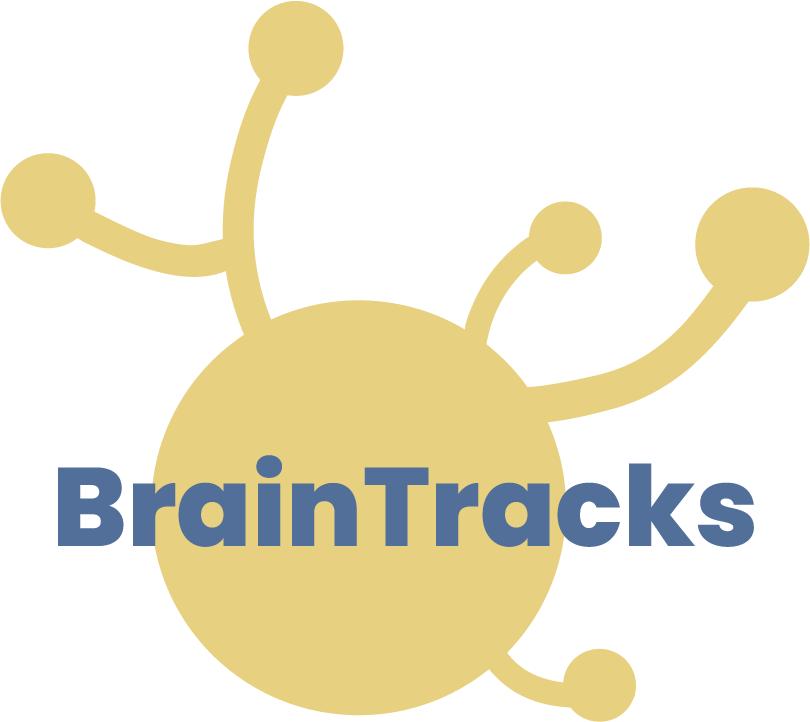True or False: ADHD Only Impacts Boys?
ADHD does not only impact boys! In fact, girls with ADHD often go undiagnosed because their symptoms may differ from boys and be less disruptive in a classroom setting.
Though ADHD is not a male disorder, men and boys are more likely to be diagnosed than women and girls. While the prevalence rates are increasingly similar by gender, the diagnosis rate among American men is nearly 69% higher than it is among American women (5.4% of men in the U.S. have an ADHD diagnosis vs. just 3.2% of women.) Why are women being diagnosed at lower rates than men?
According to ADDitude Magazine, "Lingering stereotypes, referral bias, internalized symptoms, gender role expectations, comorbidities, and hormonal fluctuations all complicate the ADHD presentation in women." Furthermore, boys who were considered hyperactive and uncontrollable were the ones who were referred to clinics. The actions of these hyperactive boys served as the basis for early research, and the results influenced the development of the diagnostic standards and evaluation instruments still in use today. Today, research indicates that girls and women, compared to boys and men, are consistently under-identified and underdiagnosed for ADHD using these diagnostic criteria.
The Connection Between ADHD and Executive Function Skills
“Children and teens with ADHD have serious deficits in their executive functioning and self-regulation.”
Russell A. Barkley is a well-known clinical psychologist and researcher who specializes in ADHD. In his research and articles, he has extensively examined the relationship between ADHD and executive functions. According to Barkley, the connection between ADHD and executive skills is critical. He underlines the fact that ADHD is really an Executive Function disorder. According to Barkley, people with ADHD frequently struggle with multiple aspects of Executive Functioning, including:
Inhibition: Individuals with ADHD may have difficulties inhibiting impulsive behaviors and responses, which can lead to problems with self-control.
Working Memory: Working memory is the ability to hold and manipulate information in mind for brief periods. Barkley suggests that working memory deficits are a core feature of ADHD.
Self-Regulation: ADHD can affect an individual's ability to regulate emotions, motivation, and arousal, which are essential aspects of executive functioning.
Planning and Organization: Organizing tasks, setting goals, and creating effective plans are often challenging for those with ADHD.
Time Management: Time management skills, such as estimating the time required for tasks and managing time efficiently, are typically impaired in individuals with ADHD.
Task Initiation and Attention: Starting tasks and maintaining attention to complete them can be problematic for those with ADHD.
BrainTracks Executive Function professional development workshops are designed to give educators the tools and information you need to better manage their classroom and, as a result, increase student success. If you're ready to take the next step and bring Executive Function skills to your school, please contact us today!

